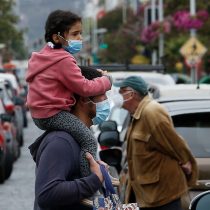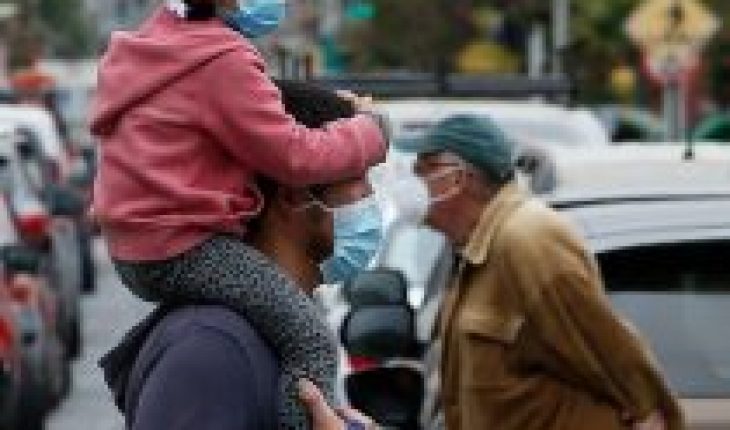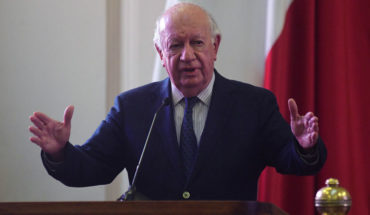
In the midst of the balance of the situation of the pandemic in the country, the Undersecretary of Public Health, Paula Daza, unveiled the “Plan Paso a Paso we take care of ourselves in March”, an interministerial strategy that aims to “strengthen self-care measures”.
The initiative is involved in the Ministry of Health, Labour, Transport, Interior and Segegob.
In the Health portfolio, Undersecretary Daza indicated that the measures will focus on strengthening public health work through the Testing, Traceability and Isolation Strategy, and in turn strengthening the increase and access to critical beds through Assistance Networks.
With regard to testing, the authority noted that Active Case Search (BAC) will be strengthened, particularly in areas where there is greater mobility during return to work, and BAC will be implemented in the vicinity of school.
Another measure of this Step-by-Step Plan is the application of antigen diagnostics nationwide. This test, according to Daza, allows to have results in 30 minutes, which allows faster insulation.
In terms of traceability, the Health Seremis will strengthen their networks of tracers so that in the event of an increase in the number of cases a timely epidemiological response can be given.
And for the return to school? Daza argued that health squares will be implemented in schools, to educate the school community about the disease: symptoms, self-care, health measures and how to proceed in the face of being infected.
For his part, undersecretary of Assistance Networks, Alberto Dougnac, referred to a new strategy for opening critical beds. In that line, he mentioned that they aim to make the occupancy of critical beds in each region less than 95%. If this increases, preventive transfers of patients to regions with lower occupancy rates will be carried out.
Transport
On Transport, Minister Gloria Hutt reported that maximum transport capacity will be available on the streets, in the event that the system requires its maximum load.
The Transport Holder also indicated that a reconfiguration of operations was prepared to maximize system capacity and to have bus reinforcement if necessary.
Schedule Pact and Single Collective Permit
In employment matters, Labour Minister(s) Fernando Arab called on employers and workers to agree on deferred hours of entry and exit to work. “We know that today there are many companies that have done so, but we want this to be much greater,” the authority said.
The minister(s) also recommended that telework be used, where possible, to “mitigate the risks of contagion.”
Meanwhile, undersecretary of crime prevention, Katherine Martorell, indicated that the Single Collective Permit was amended to not authorize interregional travel and more data will be requested regarding workers to prove what essential role it performs. This will be audited in conjunction with the Labour Directorate.
“Interregional travel for these companies will not be authorised unless justified and that justification is also established in the functions performed by the worker and also in his employment contract,” he explained.
“For those companies that establish what their essential workers are, they’re going to have to incorporate the essential functions, why it’s essential, and that has to be reflected also in the person’s employment contract,” the authority added.
Martorell also reported that the ability of police to control clandestine parties and non-permitted social gatherings was expanded.





